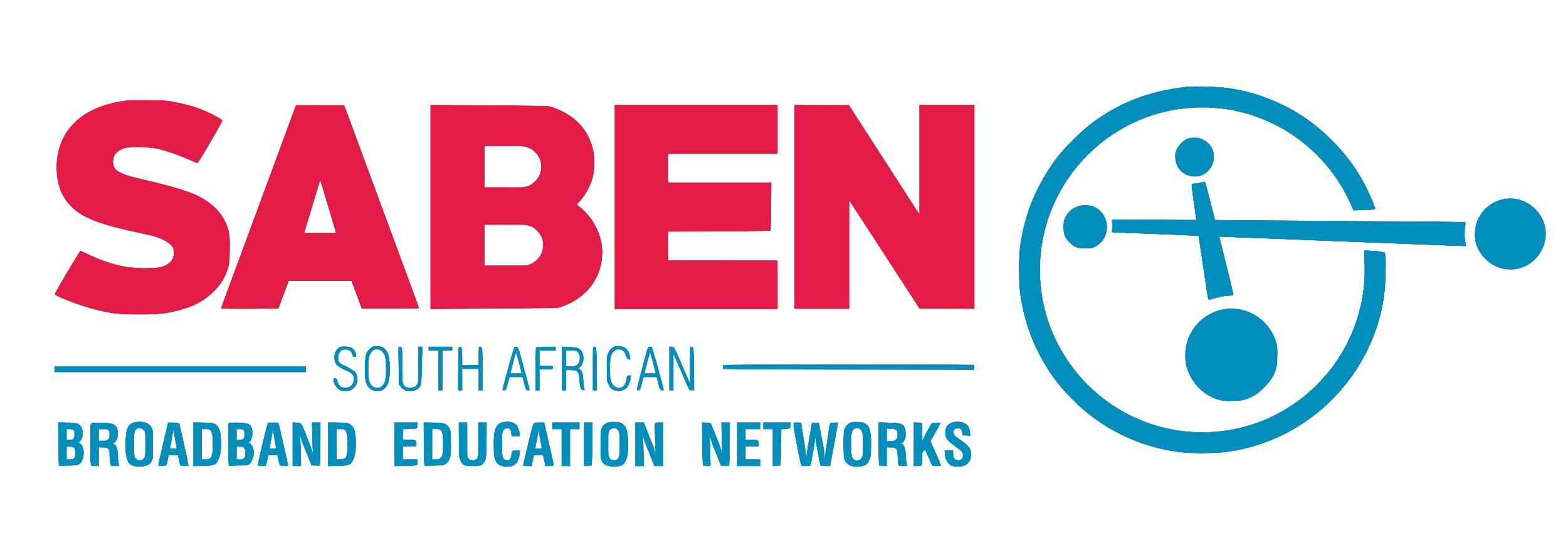The Future of Work: Exploring Emerging Career Trends and Skill Demands
May 24, 2024
Exploring Emerging Career Trends and Skill Demands

As we navigate the complexities of the 21st century, the landscape of work is evolving at an
unprecedented pace. Technological advancements, societal shifts, and global interconnectedness are driving significant changes in the types of careers available and the skills required to thrive. Understanding these emerging career trends and skill demands is essential for individuals and organizations seeking to stay competitive and future-ready. In this blog, we explore the future of work and highlight key trends and skills that are shaping the career landscape.
Exploring Emerging Career Trends and Skill Demands
Technology and automation are transforming industries and redefining job roles. From artificial intelligence and machine learning to robotics and blockchain, these advancements are creating new career opportunities while making some traditional roles obsolete. Professionals who can leverage technology to enhance productivity and innovation will be in high demand. Key skills include data analysis, coding, cybersecurity, and the ability to work alongside automated systems. Embracing technology and developing digital literacy are crucial for staying relevant in the future workforce.
Prioritizing Soft Skills and Emotional Intelligence
As technology takes over routine tasks, soft skills and emotional intelligence are becoming increasingly valuable. Skills such as communication, empathy, critical thinking, and problem- solving are essential for navigating complex interpersonal interactions and leading diverse teams. Emotional intelligence enables professionals to understand and manage their emotions and those of others, fostering a positive and collaborative work environment. Organizations are recognizing the importance of these skills and prioritizing them in hiring and professional development initiatives.
Adapting to Remote and Hybrid Work Models

The COVID-19 pandemic accelerated the adoption of remote and hybrid work models, and this trend is likely to continue. Flexibility in work arrangements is becoming a standard expectation, offering employees a better work-life balance and access to global talent pools. Professionals must develop skills to thrive in remote environments, including self-discipline, time management, and proficiency in digital collaboration tools. Organizations need to create robust support systems and policies to facilitate effective remote work and ensure employee well-being.
Fostering Lifelong Learning and Adaptability
In a rapidly changing job market, the ability to learn and adapt is more important than ever. Lifelong learning involves continuously updating skills and acquiring new knowledge to stay ahead of industry trends. Professionals should seek opportunities for upskilling and reskilling through online courses, certifications, and professional development programs. Adaptability, or the ability to pivot and embrace change, is essential for navigating career transitions and seizing new opportunities. Fostering a growth mindset and being open to continuous learning are key to long-term career success.
Conclusion
“The Future of Work: Exploring Emerging Career Trends and Skill Demands” discusses how the rapidly evolving work landscape, driven by technological advancements, societal shifts, and global interconnectedness, necessitates understanding emerging career trends and skill demands to stay competitive. It highlights the transformative impact of technology and automation on industries, emphasizing the importance of digital literacy and skills such as data analysis and cybersecurity. Additionally, it underscores the growing value of soft skills and emotional intelligence in leading diverse teams and managing interpersonal interactions. The blog also notes the shift towards remote and hybrid work models, stressing the need for proficiency in digital collaboration tools and effective time management. Lastly, it advocates for lifelong learning and adaptability, encouraging continuous skill development and a growth mindset to navigate career transitions and stay ahead in the job market.

